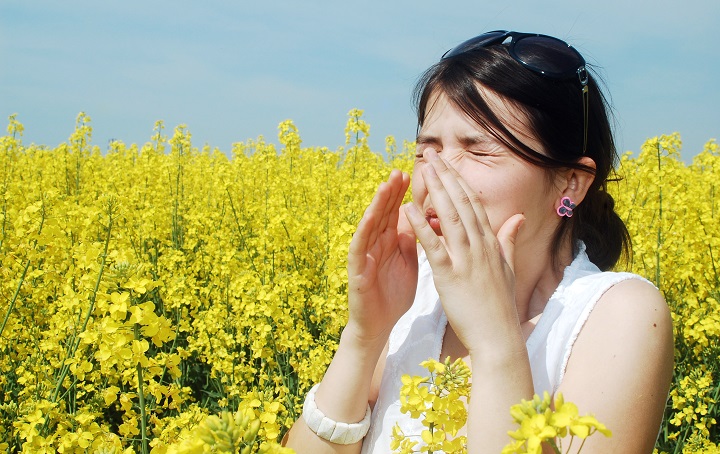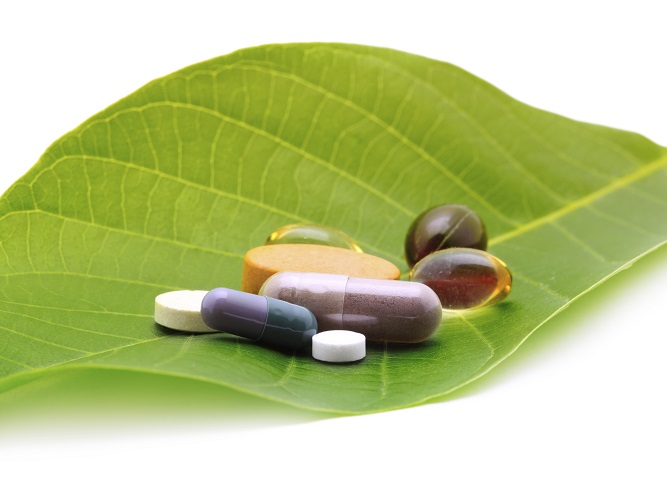 If you suffer from spring allergies, you already know that when the trees and flowers start to bloom that you will be experiencing itchy, watery eyes and a runny nose. And sneezing, coughing and puffy eyes won’t be too far behind. This type of airborne allergy is all too common, but it doesn’t mean you have to resign yourself to suffering all season. There are some beneficial things you can do to manage your symptoms and get relief this season.
If you suffer from spring allergies, you already know that when the trees and flowers start to bloom that you will be experiencing itchy, watery eyes and a runny nose. And sneezing, coughing and puffy eyes won’t be too far behind. This type of airborne allergy is all too common, but it doesn’t mean you have to resign yourself to suffering all season. There are some beneficial things you can do to manage your symptoms and get relief this season.
Tips to Manage Spring Allergies
Here are several easy ways you and your family can better manage those pesky springtime allergies.
1. Consult An Allergist
Find out exactly which types of pollen you are allergic to so that you can take appropriate precautions when certain pollen levels are high, such as trying to avoid spending time outside during the afternoon. The allergist will be able to recommend specific treatment options for you as well.
2. Take Vitamins To Strengthen Your Immune System
 When a person is exposed to the substance they are allergic to, their body produces large amounts of an antibody called immunoglobulin E (IgE). The symptoms of a particular allergic reaction will vary, depending on the amount of the allergen that a person is exposed to; a stronger immune system may be able to control the reaction to the allergen more effectively.
When a person is exposed to the substance they are allergic to, their body produces large amounts of an antibody called immunoglobulin E (IgE). The symptoms of a particular allergic reaction will vary, depending on the amount of the allergen that a person is exposed to; a stronger immune system may be able to control the reaction to the allergen more effectively.
And a good way to strengthen your immune system is to make sure it’s not lacking in any vitamins or minerals. By taking a high-quality multivitamin, you can help restore your body and the way your immune system is supposed to function.
3. Choose HEPA Air Filters For Your HVAC And Replace Regularly
Make a point of replacing the air filters in your HVAC system at least every three months. Doing this will help filter the allergens and could reduce pollen levels in your indoor environment by up to 90 percent. According to acaai.org, look for a high quality HEPA filter with a MERV rating of 11 to 13 (the higher the number the better).
4. Keep The Indoor Temperature Cool
Set your thermostat to 70 degrees and leave it there to discourage dust mites from taking up residence in your home. Keep the humidity levels to no more than 50 percent to discourage mold growth.
5. Use Salt Water For Nasal Irrigation
To relieve allergy symptoms, use salt water in a bulb syringe to flush out your nasal passages. You can buy a saline mix or make your own with three teaspoons of iodine-free salt and one teaspoon of baking soda mixed with a cup of lukewarm distilled water.
No matter how you decide to manage your spring allergies this season, our compounding pharmacists are here to help. Check out our informative blog below to find out how to use vitamins and supplements for optimum health!
Discover Easy Ways To Get Your Required Daily Dose Of Vitamins
Chief Operating Officer, The Compounding Pharmacy of America
Matthew Poteet, Pharm.D. graduated with Honors from Lee University with a Bachelors of Science in Biological Science. After his undergraduate training, he completed the Doctor of Pharmacy program at Mercer University Southern School of Pharmacy, graduating in 2004. Dr. Poteet has spent much of his pharmacy career on staff at two of the most prestigious academic teaching hospitals in the Southeast; Emory University in Atlanta and Vanderbilt University Medical Center in Nashville. At these institutions he received extensive experience and training in sterile products compounding.
He returned home to East Tennessee in 2010, where he has held the position of Pharmacy Director at two sterile products pharmacies in Knoxville. Matthew lives in Knoxville with his wife, Chris. Dr. Poteet is Tennessee’s first Board Certified Anti-Aging Pharmacist by the American Academy of Anti-Aging Medicine.
 Subscribe to Our Newsletter
Subscribe to Our Newsletter


